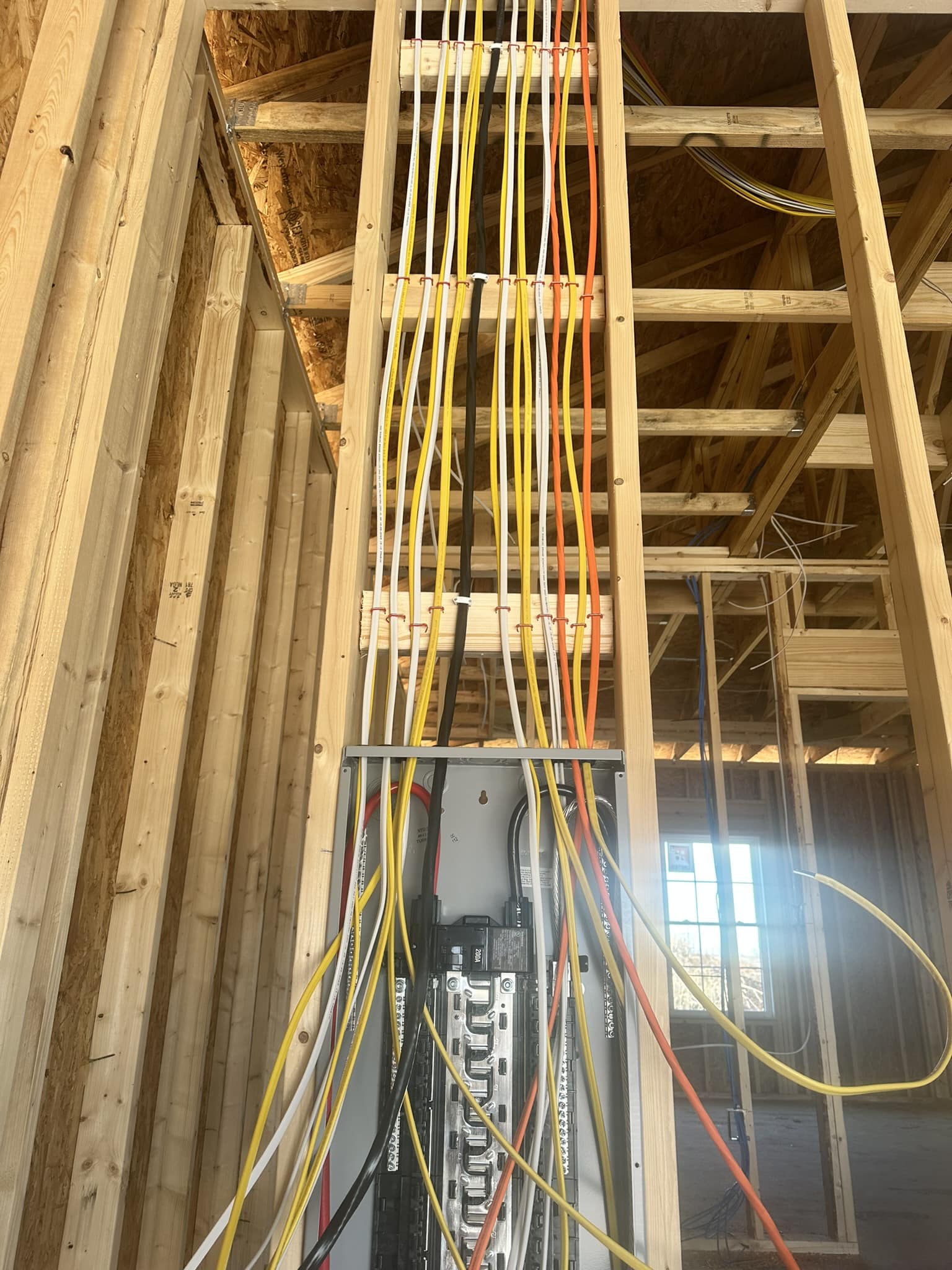
Understanding Home Electrical Systems: A Guide for Homeowners Oct 24, 2025
Your home's electrical system begins with the utility company, which supplies electricity through power lines to your home's electrical meter. This meter monitors how much electricity your household consumes. From the meter, electricity flows into the main service panel, also known as the breaker box. This panel is the heart of your electrical system, distributing power through various circuits to different areas of your home. It houses circuit breakers or fuses that protect each circuit from overloading by automatically shutting off electricity if the circuit becomes too hot.
The main service panel needs to be easily accessible, typically found in basements, garages, or utility rooms. Homeowners should familiarize themselves with the panel's location and basic functions. In case of a power failure in a particular area of your home, resetting a tripped circuit breaker can restore power. However, frequent trips indicate an underlying issue, necessitating a professional electrician's evaluation.
Wiring within the walls of your home is another component of the electrical system that merits understanding. Residential wiring typically consists of non-metallic (NM) cable—common in modern homes—or armored cable in older constructions. It's crucial to ensure that your wiring is up to code, particularly if you reside in an older home, where outdated or damaged wiring can pose serious safety hazards. Electrical upgrades may require replacing old wiring or installing new outlets to prevent overloads as modern homes demand more power for electronics and appliances.
Electrical outlets are the points of connection for all your electrical devices. Ground Fault Circuit Interrupter (GFCI) outlets are an essential safety feature that prevents electrical shocks in areas exposed to moisture, such as kitchens and bathrooms. Regularly test these outlets to ensure they function correctly, protecting your home and family from electrical accidents.
Lighting systems are also an integral part of your home electrical setup. Using energy-efficient lighting solutions, such as LED or CFL bulbs, can dramatically reduce energy consumption and extend the lifespan of your lighting fixtures. Consider a smart lighting system as a home improvement option, offering convenience and additional energy savings by remotely controlling lighting setups or programming schedules through applications.
Lastly, maintaining routine inspections through a licensed electrician is a proactive measure to ensure your home electrical system remains safe and efficient. A professional inspection can identify potential hazards, recommend upgrades, and ensure that all components comply with current safety standards.
In conclusion, a well-functioning electrical system is fundamental to a safe and comfortable home. By understanding its primary components and keeping them properly maintained, homeowners can avert electrical problems and improve their home's energy efficiency. For comprehensive electrical inspections or any other needs, Victory Electric stands ready to assist, providing expertise that ensures both safety and peace of mind. Remember, when it comes to electrical systems, professional guidance is invaluable for the safety of your home and family.
/filters:no_upscale()/filters:format(webp)/media/2b468cf0-9bf9-47ea-a4ca-7c0243ad8b37.jpeg)